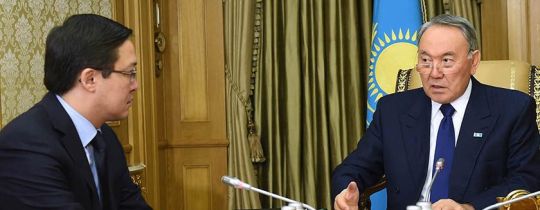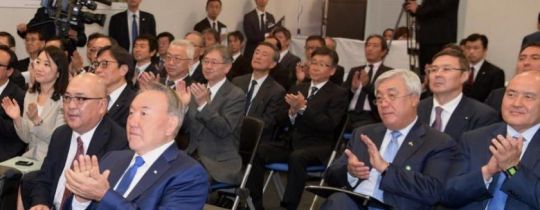One of the major geopolitical factors affecting Central Asia has always been and still is its relation with USA. However, after the election of Donald Trump as president, the White House sharply changed its course. Since, it is still unknown what direction the new administration will chose in regards to the Central Asian region, we offer our take on future American policy towards Kazakhstan.
Nazarbayev’s comments on the social agenda was the weakest and most unconvincing part of his January address. On the surface, it seems like the president said the right thing when he proclaimed “increasing the quality of the human capital” as one of the third modernization priorities. It is obvious, however, that he is not aware of what is really going on in the country. Apart from that, he, once again, shows his lack of understanding of how the principles of market economy work.
It is not clear what Nazarbayev postulates as the third* priority of the new modernization. It seems to be either preserving or ensuring the macroeconomic stability in the country. We are not quite certain about this because we see several contradictions in the president’s formulation.
In his “Presidential Address”, Nazarbayev names the “cardinal improvement and expansion of business landscape” the second priority of the third modernization of Kazakhastan. Let us see how practical this idea is given the current political and economic model of the Kazakh state.
The situation in Kazakhstan’s banking sector is close to critical, if not exactly critical yet. Thus, it is not surprising that Nazarbaev has been making a lot of critical remarks on the subject recently. Judging from his address to the people of Kazakhstan and his responses at the cabinet meeting, we should expect a decrease in the number of banks, not only due to mergers, but also due to bankruptcies and liquidations.
Nursultan Nazarbayev has been hyperactive in the beginning of this year. This is a clear sign that the government understands the scale, the depth, and the danger of the current political, economic, and social crises in the country. They also realize that these crises together may lead to a collapse of the authoritarian political regime. Therefore, they are arduously searching for ways to handle these growing problems simultaneously trying to mobilize the state apparatus as well as the business and the society.






